Despite the challenges of achieving wild and scenic river status, a portion of the French Broad has made the cut of eligible rivers. That’s just the first step, though, in the lengthy process to protect it.
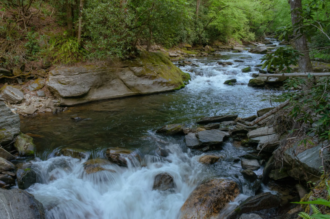

Despite the challenges of achieving wild and scenic river status, a portion of the French Broad has made the cut of eligible rivers. That’s just the first step, though, in the lengthy process to protect it.
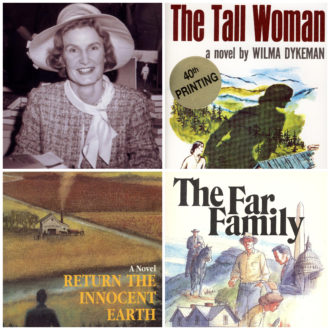
Led by expert speakers, the monthly talks at the West Asheville Library will examine the novels “The Tall Woman” (1962), “The Far Family” (1966) and “Return the Innocent Earth” (1973).
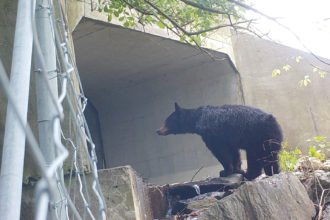
Of the 20 North Carolina sites in the new report, six are in Western North Carolina — including the nonprofit’s No. 1 site, Interstate 40’s path through the Pigeon River Gorge.

The Haunted Trail brings family-friendly fun to The Adventure Center Of Asheville. Plus, horror is on the bill at Cat Fly Or Die, a new trail and website honor an African-American builder and The Magnetic Theatre brings Frankenstein to life.
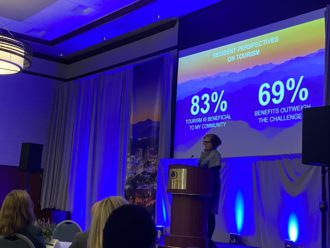
The event, hosted by Explore Asheville, featured presentations on the tensions between the cost and benefits of Asheville’s increased visitations.

“The more than a thousand citizen activists who came together as the Upper French Broad Defense Association, bolstered by staunch support from state Rep. Charles Taylor, forced TVA to abandon its plans in 1972.”

Black Wall Street AVL and the Wilma Dykeman Legacy will mark Dykeman’s 102nd birthday. Plus, a local author publishes a psychological thriller, a pioneering women’s rights advocate is honored and a film remembers presbyterian ministers who fought for civil rights.
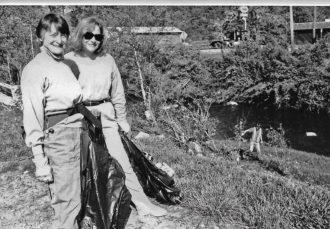
“Wilma Dykeman’s shadow covered all of us and inspired us to speak out and support citizens who were becoming more and more concerned about water quality, air quality, land use, land conservation, forest management, etc., in our mountain area.”
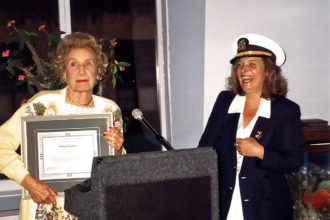
Community members reflect on the life and legacy of Karen Cragnolin, a dedicated champion of the French Broad River and its possibilities.

UNC Asheville renamed four buildings on campus to honor notable women of North Carolina. The UNCA Building Renaming Task Force was charged with making recommendations for the individuals to be honored during the 2020-21 school year, which were presented to the college’s board of trustees and dedicated at a Nov. 3 ceremony. The former Vance […]
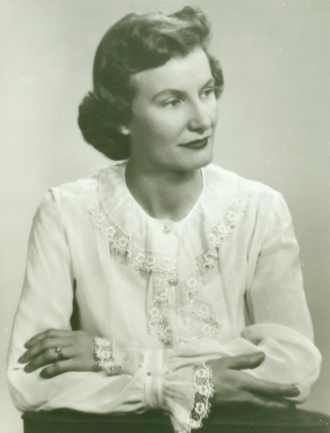
Throughout 1955, local and national newspapers praised Wilma Dykeman’s debut book, The French Broad. A work of nonfiction, it earned the inaugural Thomas Wolfe Memorial Literature Award in October of that year.
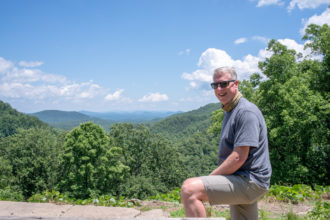
The route through the Swannanoa Gap — where present-day Old U.S. 70 and Mill Creek Road intersect — was first carved out by Archaic Indians as they came up out of the Appalachian foothills and followed Swannanoa Creek on the way to hunting and gathering opportunities in the mountains. Later, Buncombe County’s first white settlers climbed through the gap as they moved into the area. Historian Dan Pierce shares the gap’s history and culture, as well as suggestions for exploration.
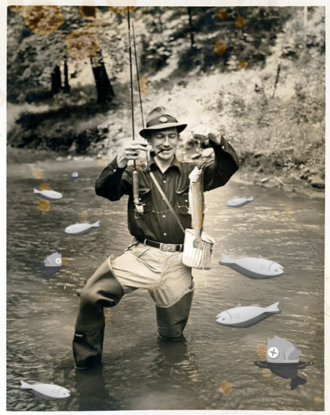
On Sept. 6, 1951, thousands of dead fish floated down the highly polluted French Broad River.
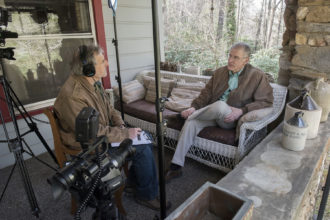
In the Center for Cultural Preservation’s latest documentary, Guardians of Our Troubled Waters: River Heroes of the South, filmmaker David Weintraub investigates the history of figures such as French Broad crusader Wilma Dykeman and the roles they played in fostering environmental change.

“There is still time for bureaucratic bungling to derail these developments. I urge the leaders of our little kingdom not to stifle this impetus and dam the amazing flow of the River District by imposing needless barriers in the name of enforcing the mantra of St. Wilma Dykeman.”

“The newcomers worshipped at the feet of the Right Rev. Wilma Dykeman, a local deity whose writings took on the prominence and influence of the Holy Grail.”
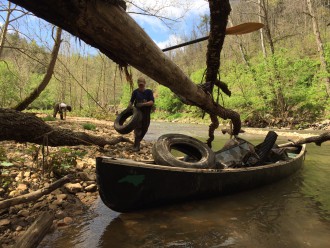
This week, Xpress looks at the network of agencies and organizations working in Buncombe and Madison counties to improve water quality and position the French Broad as the region’s next great tourist attraction.
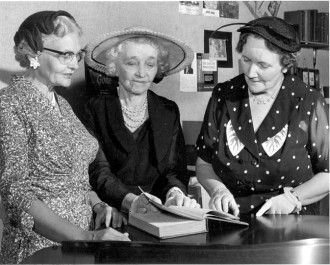
Kathy Ackerman will be discussing Olive Tilford Dargan as part of a new female-author series sponsored by the Wilma Dykeman Legacy. The program features lectures on five writers — Dargan, Ellen Glasgow, Zora Neale Hurston, Julia Peterkin and Marjorie Kinnan Rawlings — and three film showings.
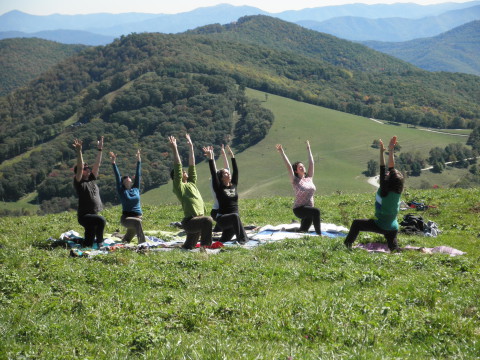
From the Get It! Guide: Long before the age of Internet lists and online travel magazines, people came to Asheville and Western North Carolina for the intrinsic natural beauty. In fact, the beauty of our environment is what many say makes this place so special. But are we protecting what we have? What initiatives are underway to help ensure that the region remains a respite and a haven for generations to come?
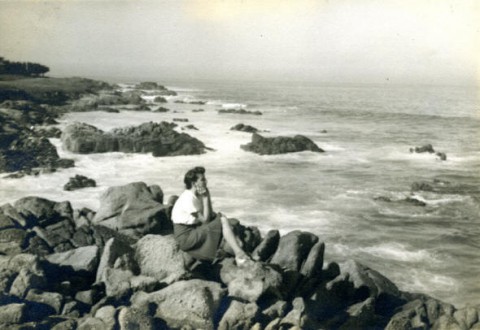
For those who know the name Wilma Dykeman but don’t know much about one of Asheville’s most famous daughters, an upcoming lecture series will explore her life as an historian, journalist, environmentalist, teacher, novelist and traveler. ” (Photo of Wilma Dykeman at Carmel, Calif. in 1936 from the Wilma Dykeman Collection at D.H. Ramsey Library Special Collections)